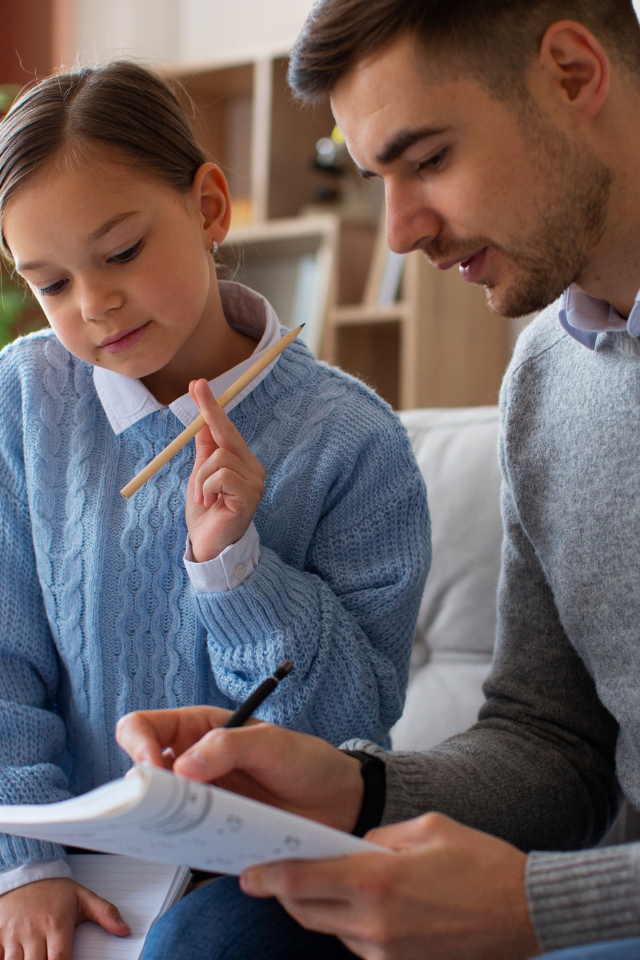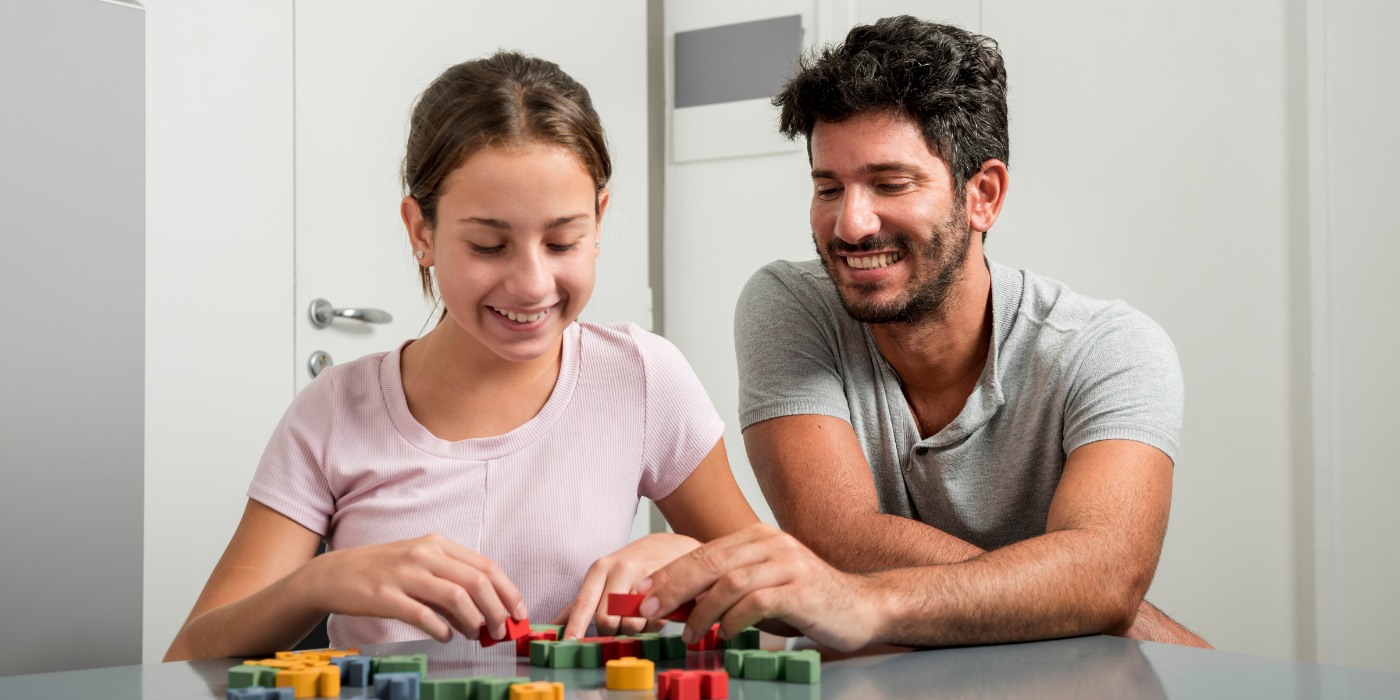When your child learns differently, the world can sometimes make them feel like they’re behind. But here’s the truth: a different learning style is not a limitation—it’s a superpower in disguise. The challenge isn’t just helping kids learn; it’s helping them believe in themselves while they learn.
In today’s digital, fast-paced world, kids who struggle with traditional academic methods may internalize frustration or feel “less than.” As parents, we play a critical role in shaping how our children see themselves. Self-esteem isn’t built overnight—but it grows in everyday moments when your child feels seen, heard, and celebrated for who they are.
Let’s explore how you can actively support self-confidence in children with learning differences—whether they have ADHD, dyslexia, dysgraphia, or simply learn best outside the box.
Why Self-Esteem Matters for Kids with Learning Differences
Children with unique learning needs often face:
- Constant comparison with peers
- Frustration with traditional classroom settings
- Difficulty meeting standard academic benchmarks
These experiences can chip away at their self-worth. But with your encouragement and a few mindful strategies, you can help them rebuild that foundation stronger than ever.
Key Benefits of Building Healthy Self-Esteem:
- Greater resilience in the face of challenges
- A stronger willingness to try new things
- Improved academic and emotional performance
- Healthier relationships with peers and adults



1. Focus on Strengths, Not Struggles
Instead of fixating on what’s hard, spotlight what comes naturally.
Ways to Identify and Nurture Their Strengths:
- Observe what excites them. Do they love storytelling, music, animals, or building things?
- Acknowledge how hard they try and the creative ideas they bring to the table—not just the final outcome..
- Give them roles where they shine, like helping younger siblings, organizing a game, or leading a craft.
2. Celebrate Small Wins Loudly and Often
Progress looks different for every child. For kids who learn differently, even small steps are huge victories.
Try This:
- Use visual progress charts at home.
- Celebrate effort over perfection: “You kept going even when it got tough—amazing!”
- Create a “Victory Jar” where they write or draw accomplishments, no matter how small.
Encouragement builds momentum. The more they feel capable, the more they try.
3. Reframe Mistakes as Learning Tools
Kids with learning differences often internalize mistakes as personal failures. You can change that narrative.
Reframe with phrases like:
- “Mistakes mean your brain is growing.”
- I really like how you came up with a different way to solve that!.”
- “That didn’t work—so what’s the next move?”
Support your child in building a growth mindset—the idea that they can get better at things by working hard and staying persistent..
4. Foster Independence Through Choice
Giving your child a sense of control can boost confidence and responsibility.
Simple Choice-Based Strategies:
- Let them choose between two homework spots.
- Involve them in setting their own goals.
- Try asking, “What’s something that might help you remember this more easily?”
5. Surround Them with Understanding Support
Whether it’s school, playdates, or family, kids need people who believe in their potential.
Create a Safe, Encouraging Circle:
- Advocate for them at school: request accommodations or a 504 plan if needed.
- Connect them with a mentor or older role model who also learns differently.
- Encourage friendships with kids who are kind, patient, and share interests.
Confidence grows in environments where children are accepted as they are.
6. Speak Affirmations Into Their Day
Your words carry enormous power. Even if it looks like they’re tuning you out, they’re still taking it in.
Affirmations You Can Say Daily:
- “You are smart in so many ways.”
- “You’re truly unique—and that’s what makes you powerful.”
- “I’m right here with you, and I believe in you—especially when things get difficult..”
Write these on sticky notes or add them to lunchboxes for daily confidence boosts.
7. Use Activities That Build Confidence Naturally
Certain offline, screen-free activities are particularly effective for boosting self-worth in neurodiverse children.
Confidence-Building Activities:
- Creative art activities that let your child explore freely—no right or wrong way to do it.
- Cooking or baking, giving them responsibility for steps.
- Outdoor adventures, like hiking or geocaching, to explore skills beyond academics.
- Animal care (feeding fish, brushing a pet) to develop nurturing confidence.
These activities shift the focus away from academics and give kids a chance to shine.
8. Be Honest About Differences—But Positive
Your child likely senses they learn differently. Hiding it doesn’t help—but explaining it in an empowering way does.
Try Saying:
- “Everyone’s brain is wired differently. Yours is amazing at things others might find hard.”
- You might approach things in your own way—and that’s completely fine.
- “You’re not behind—you’re on your own timeline.”
Help them understand their unique brain as a gift, not a flaw.
Conclusion: Confidence Begins at Home
Children who learn differently face unique hurdles, but with strong self-esteem, those hurdles become stepping stones. When your child feels believed in, accepted, and supported, they begin to see themselves through your eyes—capable, creative, and full of potential.
As a parent, you are the mirror your child looks into every day. Fill that reflection with love, patience, and belief in their brilliance. Confidence isn’t about being perfect—it’s about knowing you’re valuable, just as you are.







